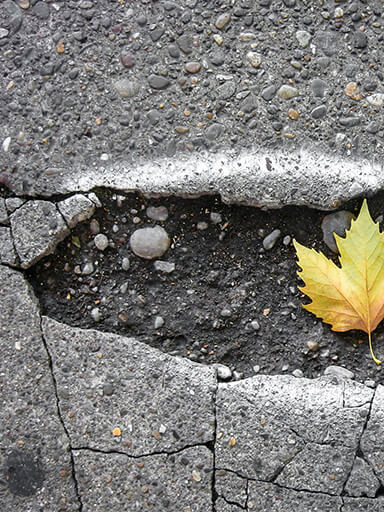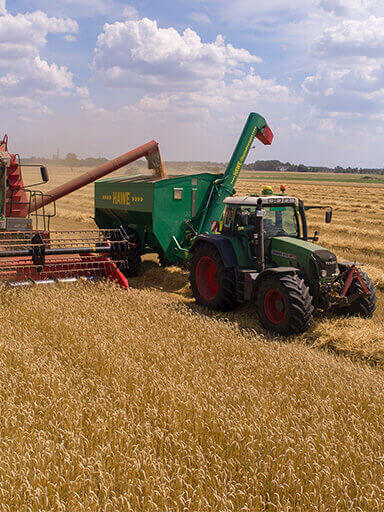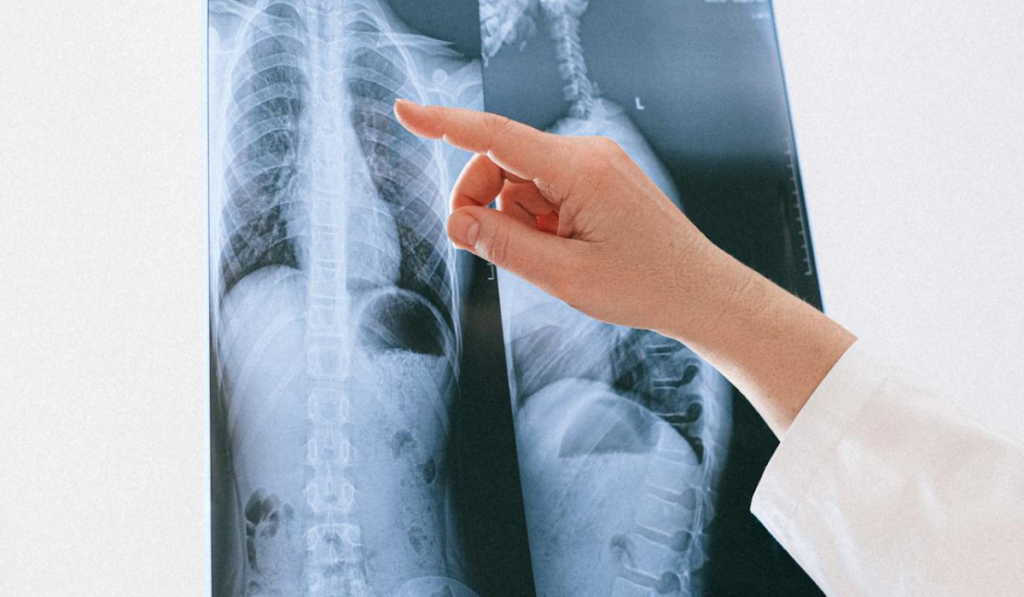Common Causes Of Traumatic Spinal Injuries And How To Claim Compensation
Traumatic spinal injuries can be life-altering, leading to long-term physical challenges, emotional distress, and financial difficulties. Whether caused by a road traffic accident, a fall from height, or even medical negligence, these injuries often result in severe consequences such as paralysis or chronic pain.
If you or a loved one have suffered a traumatic spinal injury, understanding the common causes and the steps involved in claiming compensation is crucial.
In this guide, we explore the leading causes of traumatic spinal injuries and provide an overview of the compensation process to help you navigate your claim.
Reach out to us today on 0800 0747 644 or complete a Free Online Enquiry to tell us more about your situation.
“Very good, quick and professional service. I couldn’t ask for more.”
What Are Traumatic Spinal Injuries?
Traumatic spinal injuries (TSIs) refer to sudden damage to the spinal cord that disrupts its normal function. This can result in partial or complete loss of motor control and sensation below the point of injury, leading to conditions such as paraplegia or quadriplegia. Unlike non-traumatic spinal injuries, which may be caused by diseases like cancer or infections, traumatic spinal injuries are typically caused by external forces or accidents. The consequences can be severe, often requiring long-term rehabilitation and potentially lifelong care. In such situations, seeking compensation through a personal injury claim can provide much-needed financial support.
Common Causes of Traumatic Spinal Injuries
Traumatic spinal injuries can occur in a variety of scenarios. Here are some of the most common causes:
1. Road Traffic Accidents
Road traffic accidents are one of the leading causes of traumatic spinal injuries. Car crashes, motorcycle accidents, and collisions involving pedestrians can result in severe spinal trauma, especially when high speeds or violent impacts are involved. Even in cases where seatbelts and airbags are used, the force of the crash can lead to significant spinal injuries. Victims of such accidents often face lengthy recovery periods and may experience permanent disabilities.
2. Workplace Accidents
In industries such as construction, manufacturing, or warehousing, accidents involving falls, heavy machinery, or improper safety measures can cause traumatic spinal injuries. Falls from ladders, scaffolding, or roofs are particularly common in these sectors. Employers have a legal responsibility to ensure the safety of their workers, and failure to provide proper safety equipment or training can lead to serious accidents. In such cases, victims may be entitled to compensation through a work injury claim.
3. Falls from Height
Falls from height are a frequent cause of spinal injuries, particularly in workplaces like construction sites or in public areas where safety measures are inadequate. Even a fall from a relatively modest height can result in serious spinal damage, including fractures or dislocations that can cause long-term paralysis. Property owners or employers may be liable if the proper precautions were not in place to prevent such accidents.
4. Sporting Injuries
Contact sports such as rugby, football, or boxing, as well as extreme sports like skiing or diving, carry a high risk of spinal injuries. Sudden impacts, collisions, or awkward landings can cause fractures or dislocations of the vertebrae, leading to traumatic spinal cord injuries. While participants in these sports often accept a level of risk, organisers and event coordinators have a duty to ensure safety measures are in place to minimise the risk of severe injury.
5. Violence and Assault
Acts of violence, such as stabbings, shootings, or physical assaults, can cause significant trauma to the spinal cord. These injuries are often the result of blunt force or penetrating wounds that damage the vertebrae or spinal cord. In such cases, the victim may have grounds to pursue a personal injury claim against the assailant or, in some instances, a third party responsible for inadequate security measures.
6. Medical Negligence
In some cases, traumatic spinal injuries are the result of medical negligence. Mistakes during surgery, delayed diagnosis, or improper treatment of spinal conditions can lead to long-term damage. If a healthcare provider’s negligence caused or worsened a spinal injury, the patient may have grounds to pursue a clinical negligence claim for compensation.
How to Claim Compensation for Traumatic Spinal Injuries
If you have suffered a traumatic spinal injury due to someone else’s negligence, you may be entitled to compensation. Here’s a step-by-step guide on how to begin the claims process:
1. Gathering Evidence
The success of a spinal injury compensation claim largely depends on the quality of the evidence presented. It is essential to document the circumstances of the accident, preserve any relevant physical evidence, and obtain witness statements. Medical reports detailing the extent of your spinal injury and its impact on your life will be critical in demonstrating the severity of your condition.
2. Filing the Claim
Once you have gathered sufficient evidence, the next step is to file a personal injury claim. This involves notifying the party at fault (or their insurer) and outlining the details of the accident and your injuries. You may also need to provide a detailed account of the financial losses you have incurred, including medical bills, loss of earnings, and rehabilitation costs.
3. Seeking Legal Advice
Navigating the legal complexities of a traumatic spinal injury claim can be challenging. This is where the expertise of a specialist solicitor becomes invaluable. At Grieves Solicitors, we have extensive experience handling spinal injury claims, ensuring that our clients receive the maximum compensation they are entitled to. Our team will guide you through every step of the claims process, from initial consultation to final settlement, ensuring that your case is handled with care and precision.
4. Compensation Amounts
The compensation awarded in traumatic spinal injury claims varies depending on several factors, including the severity of the injury, the level of disability, and the financial impact on the victim’s life. Compensation may cover medical treatment, rehabilitation costs, loss of earnings, and damages for pain and suffering. In cases of permanent disability, compensation may also include costs for long-term care and home adaptations.
Why Choose Grieves Solicitors for Your Spinal Injury Claim?
At Grieves Solicitors, we understand the devastating impact that a traumatic spinal injury can have on your life. Our experienced personal injury team is committed to securing the best possible outcome for your claim.
With a strong track record of successful spinal injury cases and a compassionate approach to client care, we provide the expertise and support needed to help you navigate this difficult time. Our goal is to ensure you receive the compensation and justice you deserve.
Moving Forward After a Traumatic Spinal Injury
Traumatic spinal injuries can arise from a wide range of accidents, from road traffic collisions to workplace incidents and even medical negligence. Regardless of the cause, the consequences of such injuries are often life-changing.
If you or a loved one has suffered a spinal injury due to someone else’s negligence, pursuing a compensation claim can help alleviate the financial burden and provide access to essential care. Contact Grieves
Solicitors today for expert legal advice and support with your traumatic spinal injury claim.
Our caring and supportive team are here to listen and advise on 0800 0747 644. Or you can complete a Free Online Enquiry to set up a free consultation or tell us more about your story.
Here at Grieves Solicitors, Personal Injury Specialists, we offer a no win, no fee solution to funding your claim (a conditional fee agreement) which means that you do not have to worry about legal costs and expenses. You can read about our no win, no fee agreement here.
Let us help you





